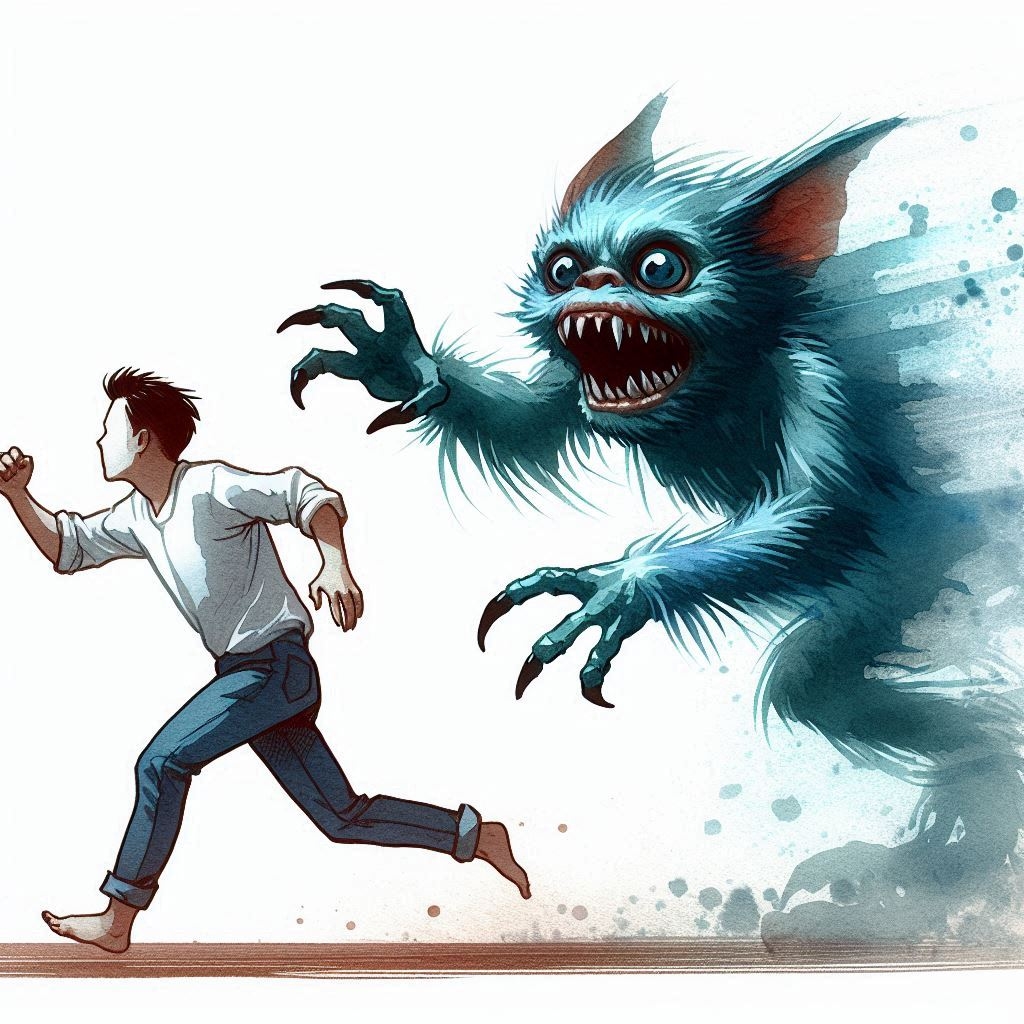One of the hardest things during recovery is to accept when anxiety returns after we have felt good for a while. It feels as scary as it did before, and our instinctive reaction is to fight it or run from it. But of course, that just makes things worse.
As soon as we can, we need to practice acceptance.

I found the best way was to practice on the anxiety the same way no matter when it came, how strong it was, how I had felt the day before, or anything else. So, I tried to treat each moment in isolation, without comparing it to previous times, or yearning for peace to return. I did my best to just accept however I felt in that moment, and in each and every subsequent moment.
That way, I was training myself so even if I had a long time of feeling good, if the anxiety returned I would just shrug and face, allow, and accept it as best I could. No stories about it, no comparisons, no judgments, no expectations. Just allowing myself to feel it all as willingly as I could.
If you focus on recovery (the light at the end of the tunnel) then you aren’t giving your feelings in that moment your full attention. At some level, you probably know that, but it is a hard habit to unlearn. It is human nature to look for progress, encouragement, reassurance, or that one piece of wisdom that will magically bring us to recovery.
Yet everything we need to recover is right in front of us in each moment – our symptoms and our emotions in that very moment that just need to be honored and embraced.
Nothing to Work Out
Anxiety can return for any reason, or seemingly no reason at all. That is why trying to figure out what happened or what you did that caused it to return is pointless, and just gets you back inside your head with your thoughts. It serves no purpose, and if anything will increase your anxiety.
Whether the anxiety returns less than before, the same as before, more than before, whether it is the same symptoms or different symptoms, whatever thoughts come with it, it is all irrelevant. Nothing about anxiety is logical or has any information that will help you recover. So, it is best to give up analyzing it. Just focus on the feelings you have in each and every moment.
Ignore the anxious thoughts and questions. Stop trying to figure out what it means. Ignore the thoughts about the past or the future. Ignore any judgments about what you are feeling in the present moment. Simply allow your feelings, turn and face them, experience them as fully as you can, while you sag your body and mentally accept them.
Stop Measuring and Tracking
Many people recovering from anxiety keep track of their moods. They know exactly how many months they have been in the anxiety state, sometimes the exact day it started. They know how long they have been in a setback, or how many days of peace they have had. The reason for this is that they give that some relevance and meaning to it, and believe it is important to their recovery to track and know this information.
To be blunt, it isn’t relevant or important. It is meaningless. You can have the longest hardest setback just before recovery, or the mildest one. Anxiety is by all appearances random, and defies any patterns or logic. Besides, the mere act of tracking these things and giving them relevance, keeps you in your head, and detracts from your only task which is to face, allow and accept your physical symptoms and emotions.
So, put away the calendar, and just focus on the here and now.
Staying in the Moment
Recovery from anxiety is all about learning to live in the present moment, allowing and accepting whatever is happening and whatever you are feeling IN THIS VERY MOMENT.
No matter what happened in the past, the only thing you can affect is how you deal with how you feel about it right now. There are exceptions, of course, such as times when an apology or reparation is appropriate for something you said or did. But ruminating about events and experiences that are long over with resolves very little, and just fuels your anxiety.
As for the future, you don’t know how things will turn out, and no matter how much you fret about it, it will unfold on its own. Yes, there is value in a certain amount of planning and preparation for things. But spending significant amounts of time getting anxious about “What if ______?” questions only serves to increase your anxiety levels.
The single most important thing you can do to recover from anxiety is to focus attention on how you feel in any given moment. Connect with and accept those feelings, without resistance and without judgment.
Easier said than done, but with practice, absolutely achievable.







